REUSE Booster provides free software licensing and copyright support
 REUSE is a set of best practices to make Free Software licensing much easier. Using simple guidelines, it helps developers stipulate their copyright and conditions for code re-use, as well as providing documentation and low-threshold tools to get the job done.
REUSE is a set of best practices to make Free Software licensing much easier. Using simple guidelines, it helps developers stipulate their copyright and conditions for code re-use, as well as providing documentation and low-threshold tools to get the job done.
With REUSE Booster, the Free Software Foundation Europe (FSFE) is to start providing direct support for free software projects.
Since its inception, the aim of the FSFE’s REUSE initiative has been to make licensing and copyright easier for developers, especially those without legal experience and assistance.
REUSE offers standardised ways to mark all files in a project with their relevant licence and copyright. For developers, creating free software and giving notice of the conditions for code re-use are now easier than ever. before. REUSE comes with tutorial and FAQ, as well as the REUSE helper tool and the API to automate once manual processes.
The FSFE is constantly working on improving REUSE.
Introducing REUSE Booster
With REUSE Booster, the FSFE is inviting free software projects to register for support by the its legal experts. As the name suggests, this will boost the process of adopting best practice, together with a general understanding of licensing and copyright.
Accepted projects will participate in an initial workshop in which the process is explained and typical questions answered. Each project will then receive an individual evaluation revealing potential challenges on their path to full REUSE compliance. Guidance will be provided by direct contacts if unforeseen problems arise. Last but not least, the FSFE will share practical suggestions on how to maintain a stable licensing status. The FSFE already provides similar support for all projects in the Next Generation Internet Zero (NGI0) project. As consortium partners, the FSFE helps developers resolve licensing and copyright uncertainties and avoid legal pitfalls. Furthermore, many NGIO projects adopt REUSE best practice to streamline their compliance.
The FSFE now wants to build on this practical experience and enable other projects to benefit. This has made possible by REUSE sponsors such as Siemens and individual support from FSFE volunteers and supporters.
Free Software project managers are asked to register before 8 July 2021 for support in becoming REUSE compliant.


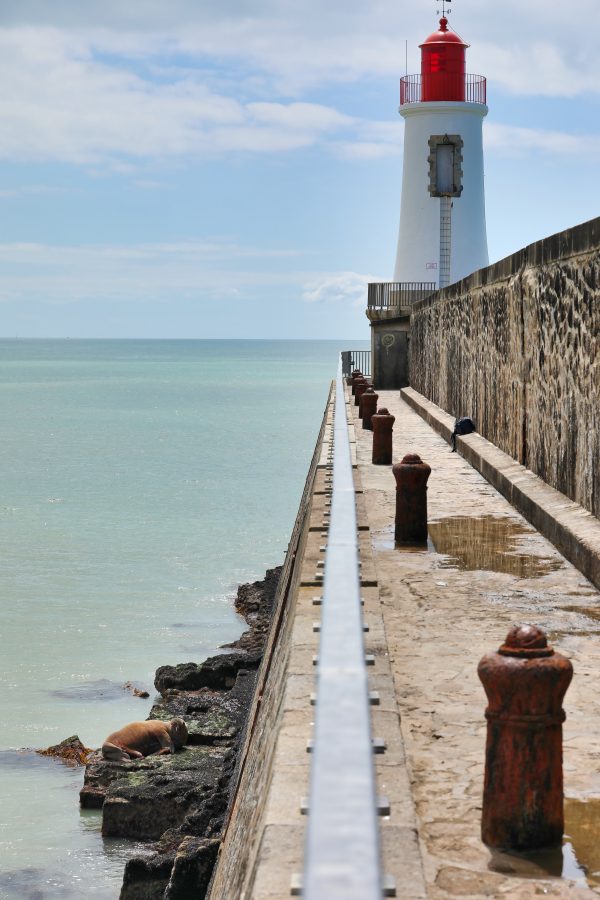
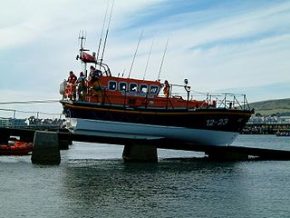
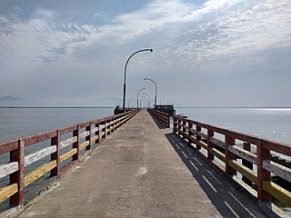
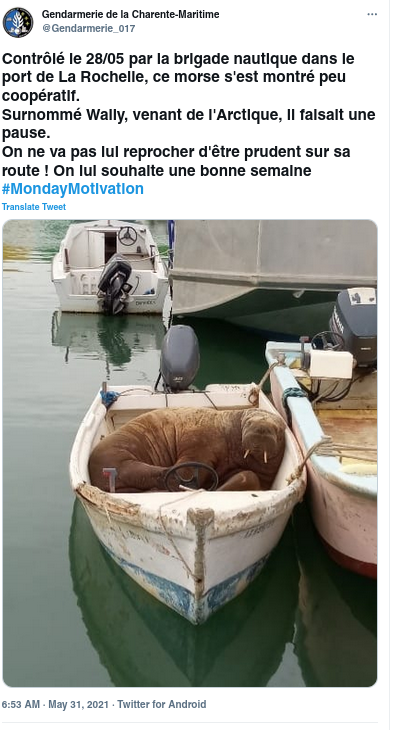

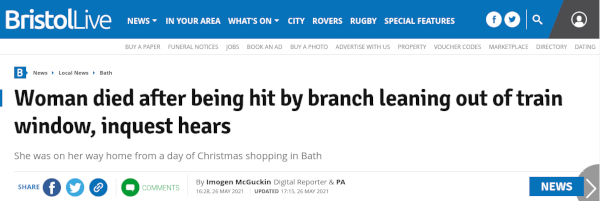
 The latter attracted my interest as the Department for Transport (DfT) is currently under the stewardship of that well-known latter-day spiv, Grant Shapps, alias Michael Green, Sebastian Fox and Corinne Stockwood (
The latter attracted my interest as the Department for Transport (DfT) is currently under the stewardship of that well-known latter-day spiv, Grant Shapps, alias Michael Green, Sebastian Fox and Corinne Stockwood ( It now seems that the buses themselves have also taken to addressing potential passengers in dialect, as per this photo courtesy of the
It now seems that the buses themselves have also taken to addressing potential passengers in dialect, as per this photo courtesy of the 